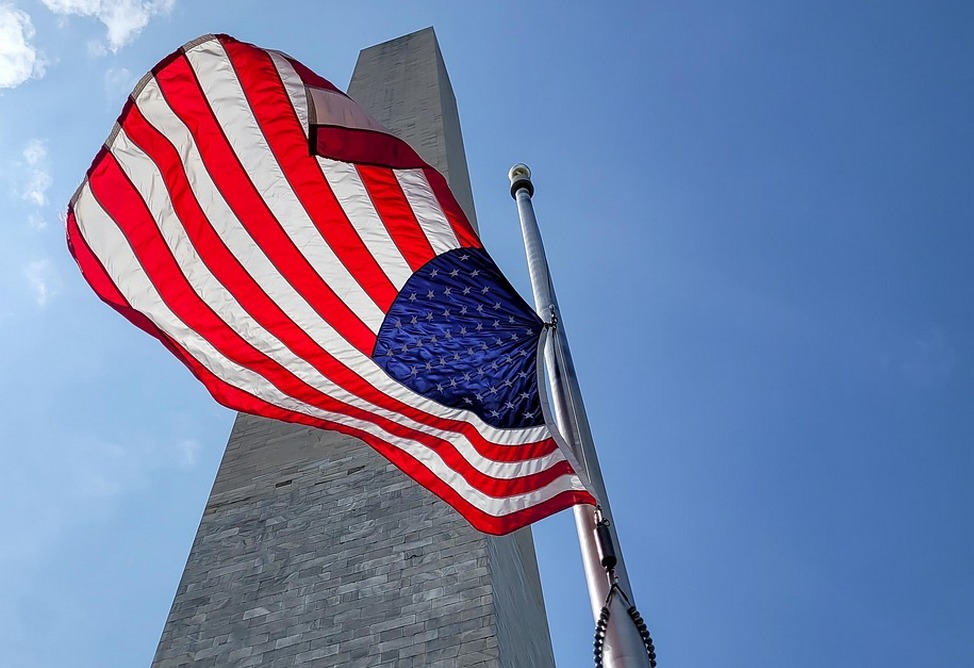US is trying to “use its muscles” to extract the best conditions in negotiations with other countries – former head of the Armenian Ministry of Finance

YEREVAN, April 10 /ARKA/. The United States, by raising tariffs on a number of countries, is trying to gain the most favorable conditions in negotiations by "flexing its muscles," said former Armenian Finance Minister Vardan Aramyan in the "ARKA Business" program on ARKA news agency’s YouTube channel.
US President Donald Trump has introduced new reciprocal tariffs on imported goods from 183 countries, including Armenia, for which a 10% tariff has been imposed.
“The US and Trump in particular seems to be leveraging the ‘muscles of American hegemony,’ since it remains the global leader in terms of nominal GDP. Although China leads in purchasing power parity, the US still holds the top spot in nominal terms and is trying to use this advantage to apply pressure and create room for negotiation,” Aramyan said.
According to him, it is difficult to predict what will happen next, “because it’s hard to know what Trump is thinking.”
“We can only assume that Trump is trying to strengthen the US’s position. He often describes himself as a dealmaker, and I assume that in this case, he’s also aiming to strike a deal,” he explained.
As an example, Aramyan pointed out that among the 57 countries targeted with reciprocal tariffs were many African nations, some of which have less than $1 billion in trade turnover with the US.
Commenting on why such tough tariffs were applied, he suggested it might be due to growing competition with China, which has been aggressively expanding its presence in resource-rich African regions.
He cited the Democratic Republic of the Congo (DRC) as an example, a country known globally for having the world’s largest reserves of copper and cobalt, where there is currently a major clash of interests between China and the US.
“The idea isn’t so much that the US is battling China directly, but rather that Washington wants the DRC government to enter negotiations with the US. Naturally, such talks would come with preconditions,” he said, adding that political undertones are increasingly blending into economic diplomacy.
Commenting on the fact that tariffs against Russia remain unchanged, Aramyan said the Trump administration calculated the implications very carefully, adding: “If you cut off a dead man’s leg, he won’t feel pain anyway.”
“The Russian economy is already completely disconnected from the SWIFT system. Russian entities can’t conduct transactions in dollars, and only a limited number of licensed goods can be exported from Russia to the US. So whether you impose a 100% tariff or reduce it to zero, sanctions not tariffs are what actually matter,” he explained.
As for whether this situation could benefit Armenia, Aramyan said that any direct advantage would depend on whether Armenia has any competitive edge over other countries in the region.
“Unfortunately, in our case, many neighboring countries are in the same position (as Armenia, which is now subject to a 10% US tariff),” he noted.
--



